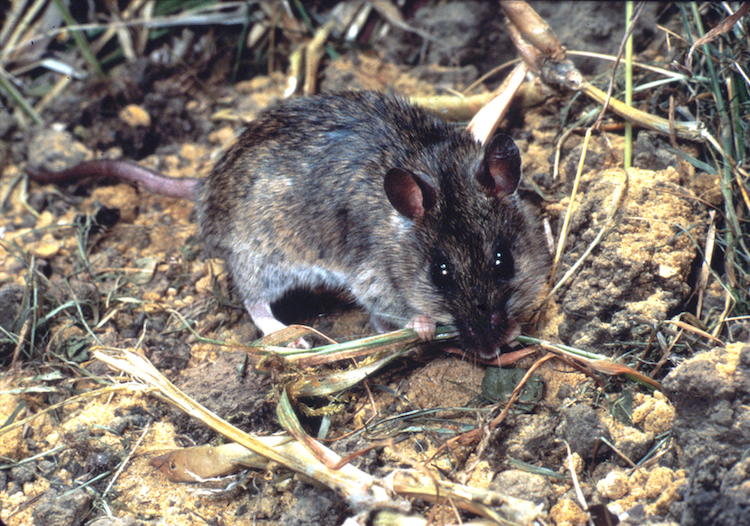
Rats and mice cause significant damage to people's livelihoods in many ways, and are arguably one of the most neglected pests on the planet. A new project led by NRI aims to strengthen science and technology innovation across Africa to address these major socio-economic impacts of rodents.
Despite being a well-recognised problem throughout the world, there has been relatively little research on rodent pest management and the issue has been been ignored because of a lack of hard facts on their true impact.
Rodents are known to cause damage to many different crops, contamination of stored food, damage to buildings and personal possessions and the transmission of 60+ diseases.
'StopRats: Sustainable Technology to Overcome Pest Rodents in Africa Through Science', with a grant of €1 million, combines the strengths of agricultural research and extension institutions across six countries from the South, West and East of Africa to help build sustainable teams for Science Technology and Innovation. Smallholder farmers in the target countries of Tanzania, Swaziland, Namibia, Madagascar, South Africa and Sierra Leone will be the beneficiaries of this project.
Project coordinator Steve Belmain, an Ecologist specialising in pest and disease management at NRI, says "the StopRats project will bring together experts from across the African continent to strengthen the innovation of appropriate technology for managing rodent pests and to build capacity for novel research in African institutions".

Reducing rodent pest numbers can have a much larger impact on reducing poverty than any other single pest problem. In agriculture, rodents are both a pre-harvest and post-harvest pest problem, causing major impacts on food security, nutrition and food safety.
A project stakeholder conference at the University of Greenwich this week brought together multi-disciplinary and multi-stakeholder teams from across Africa, enabling the institutions to address key indicators of poverty through the impacts of rodents on agricultural production systems and food security.
Steve Belmain talks to SciDevNet in this podcast about training rats to sniff out mines 16/01/14: http://www.scidev.net/global/biotechnology/multimedia/q-a-training-rats-to-sniff-out-mines.html
